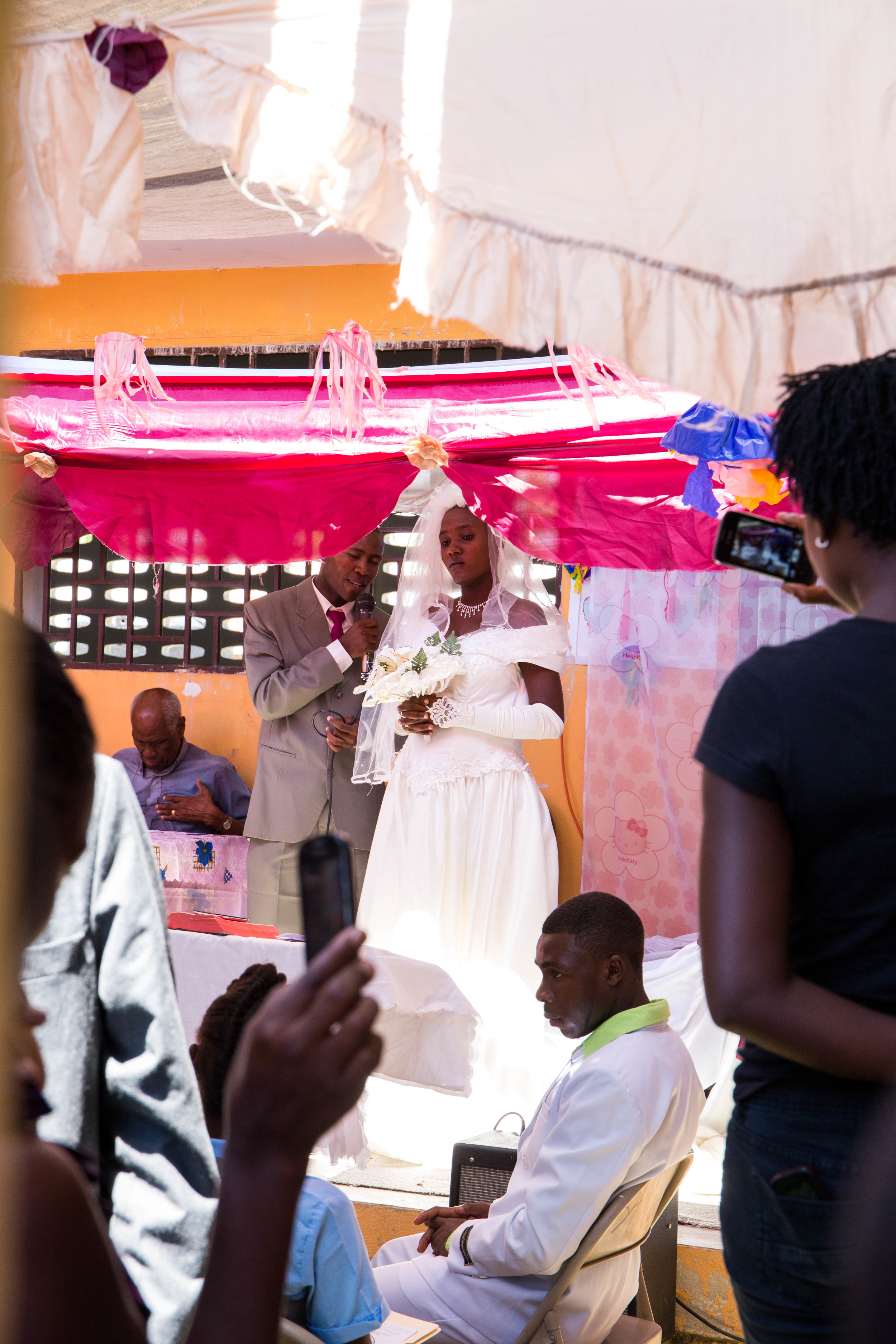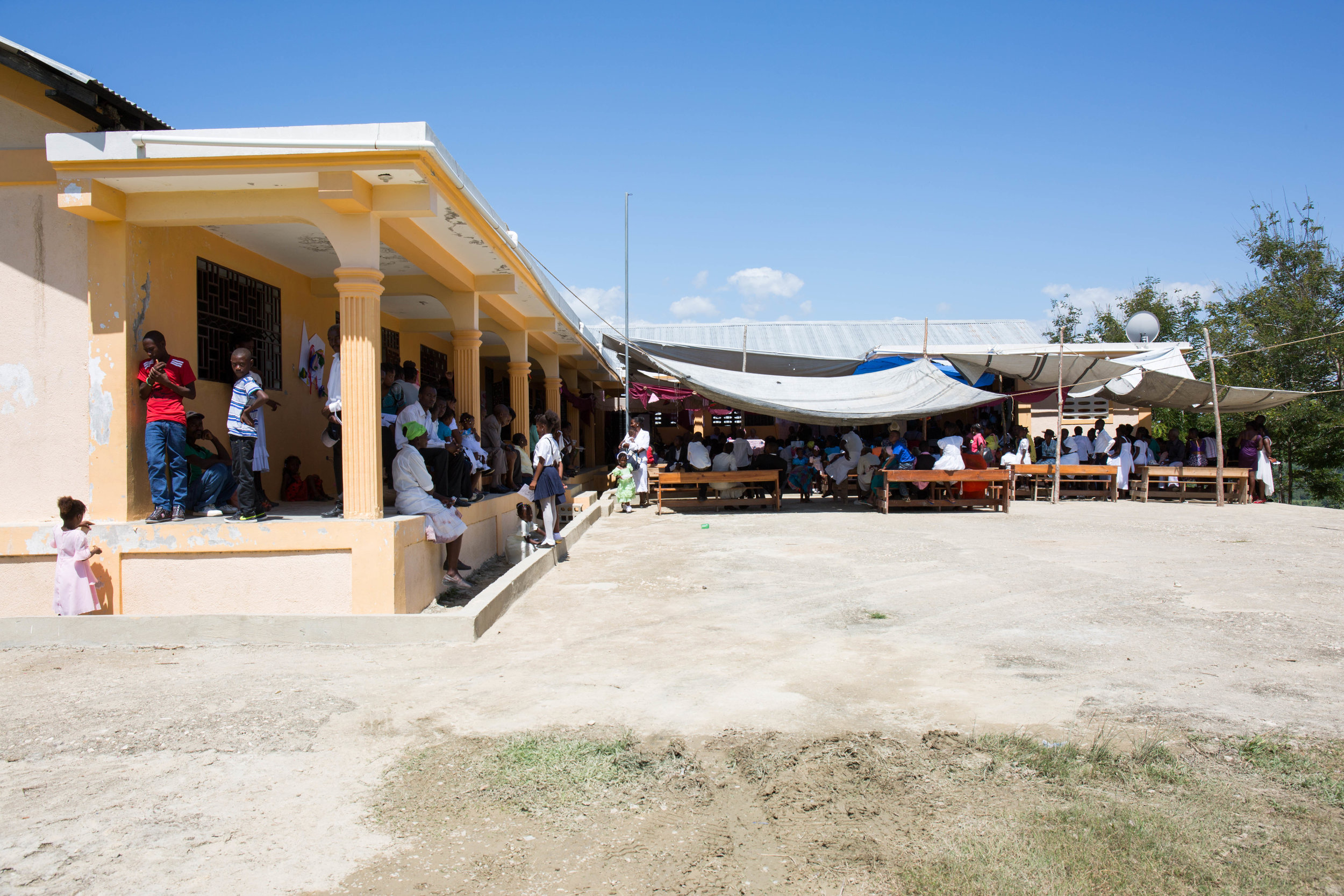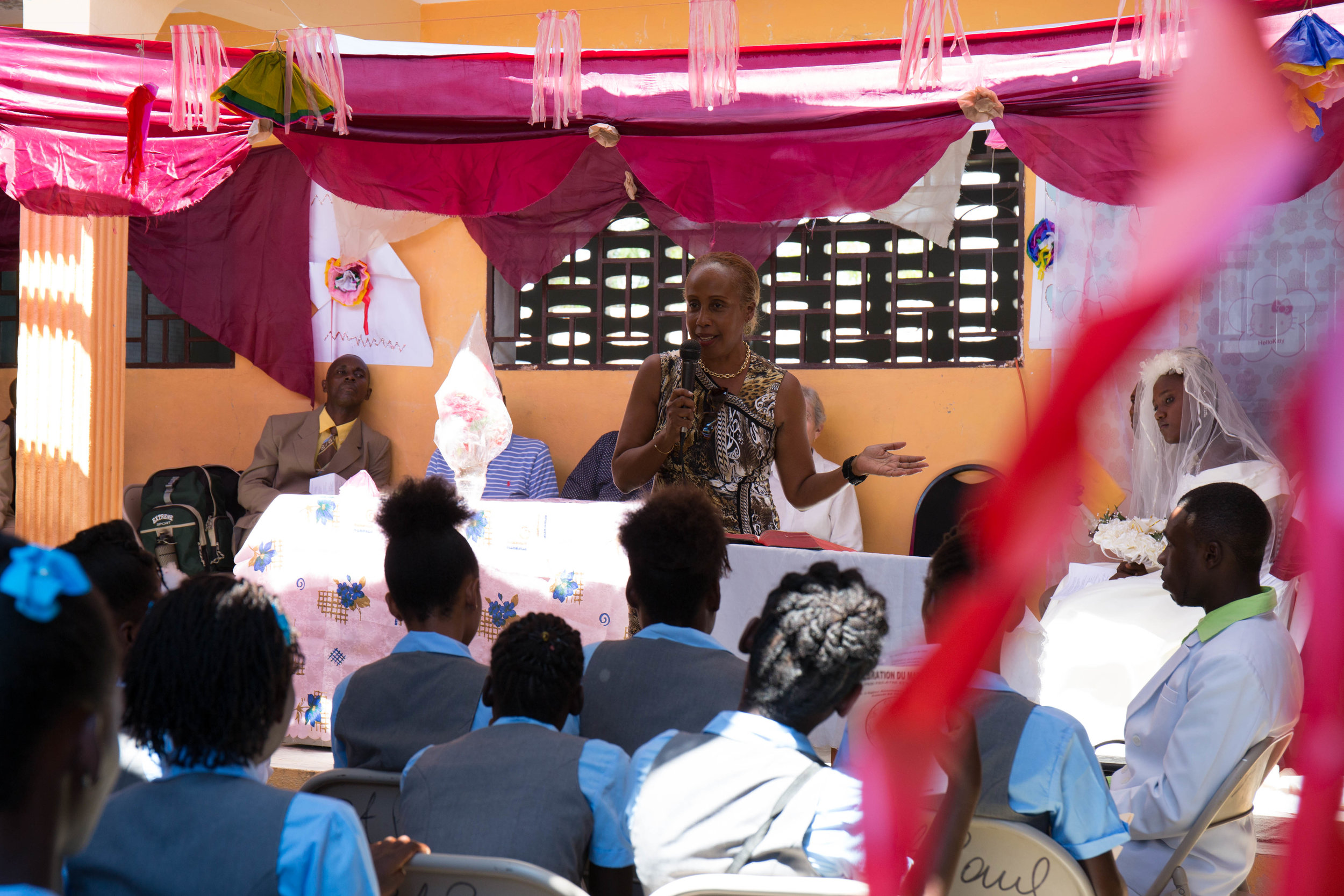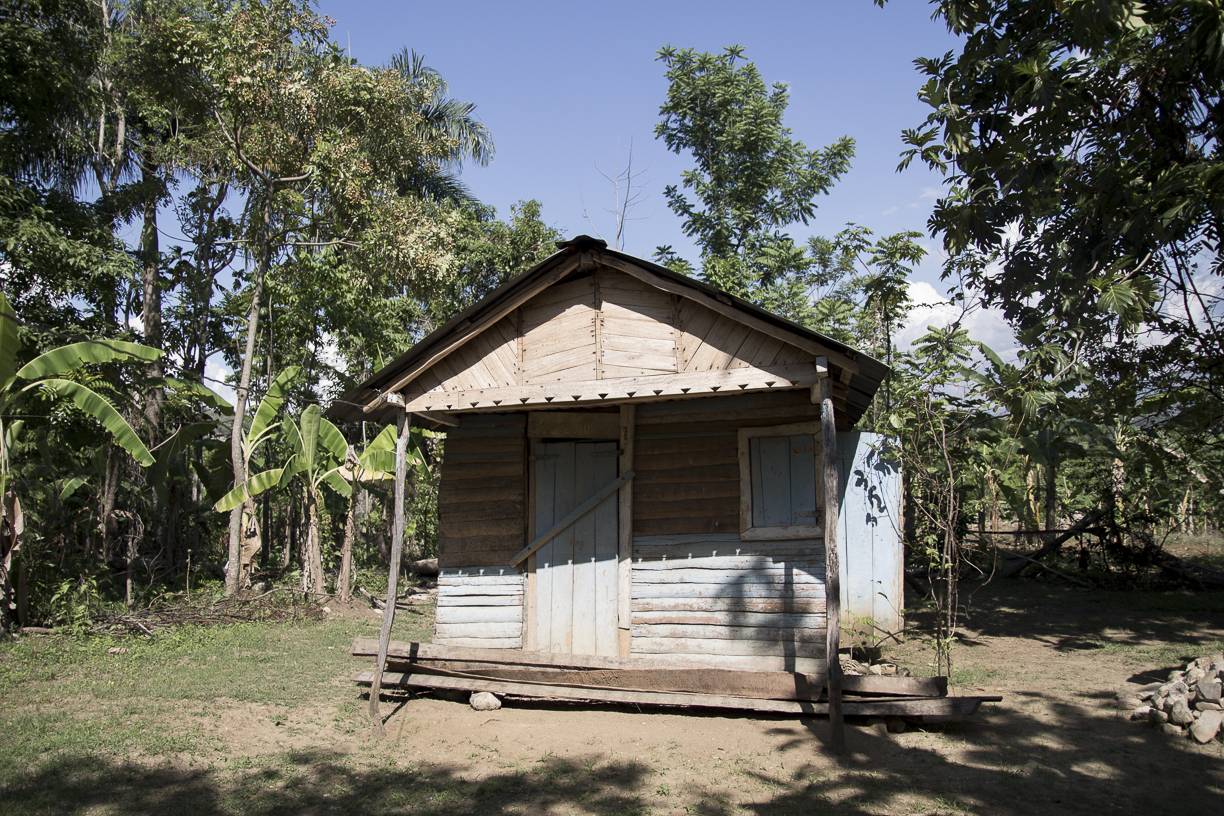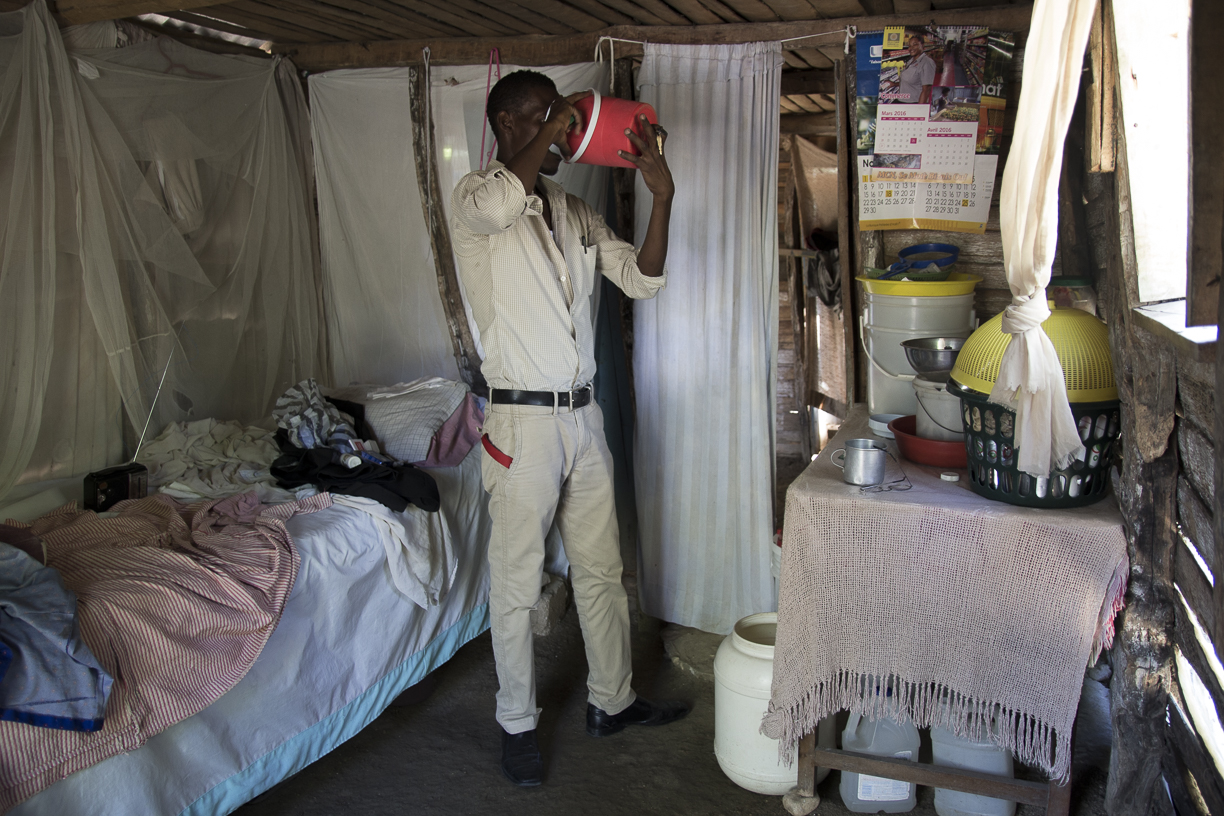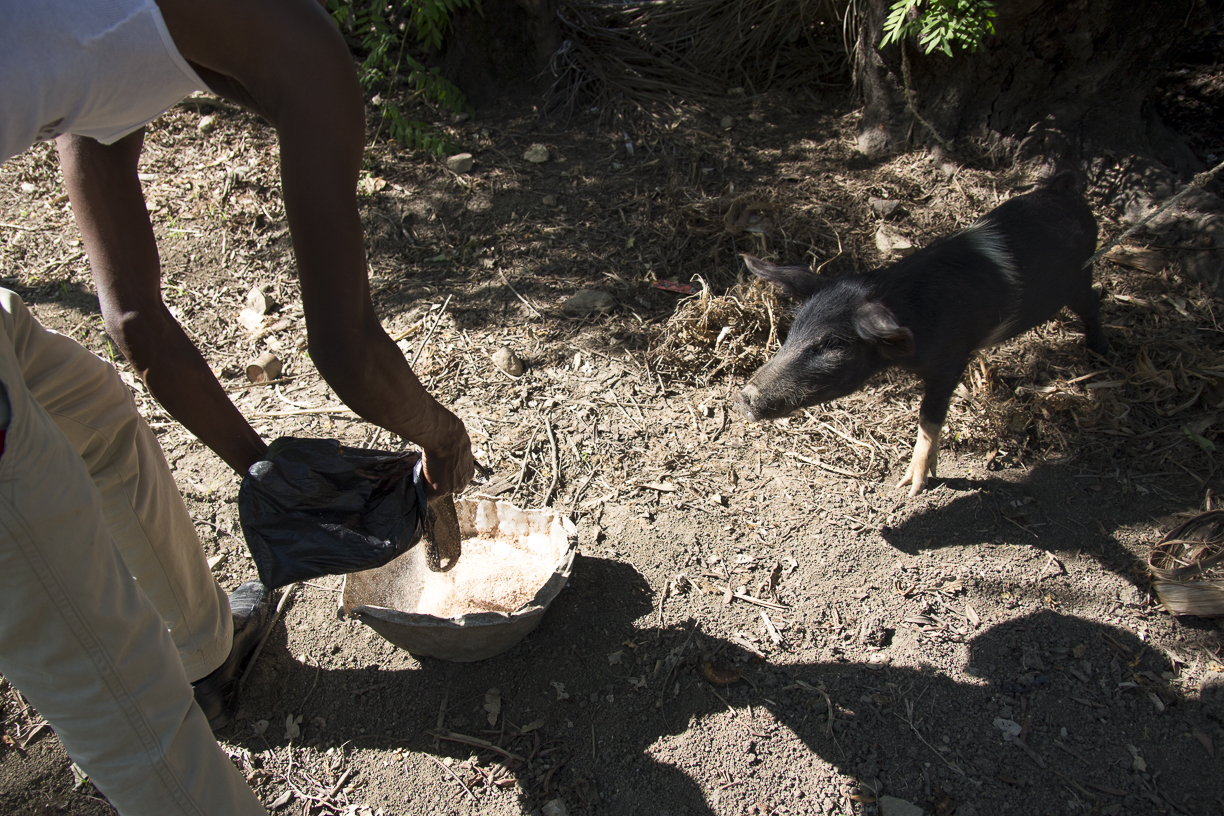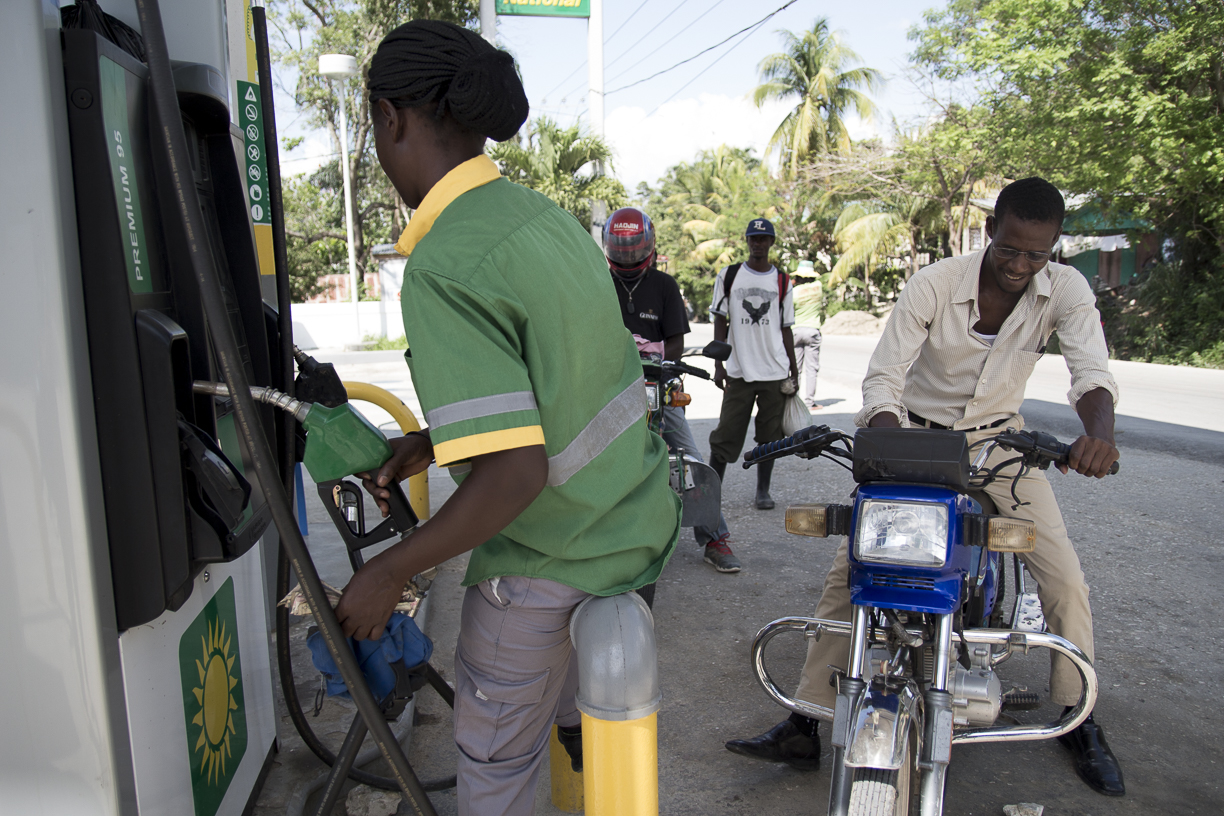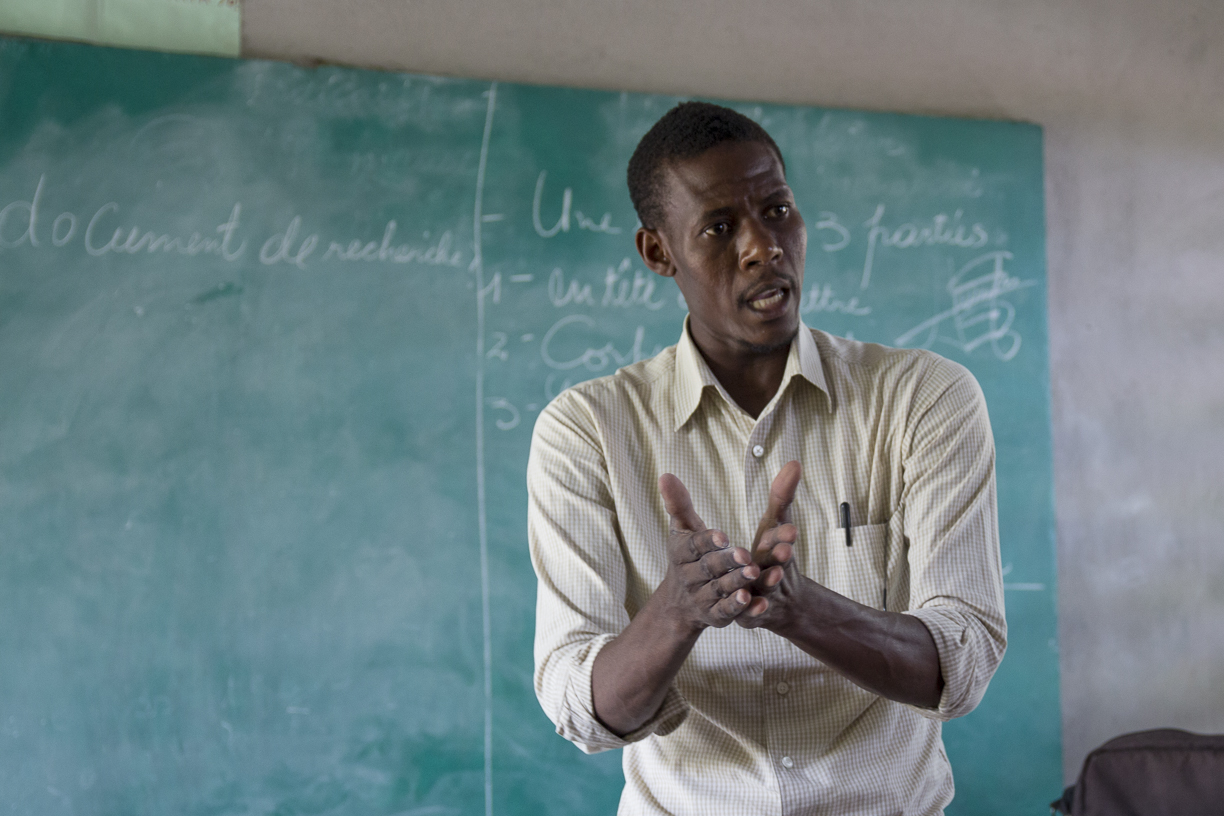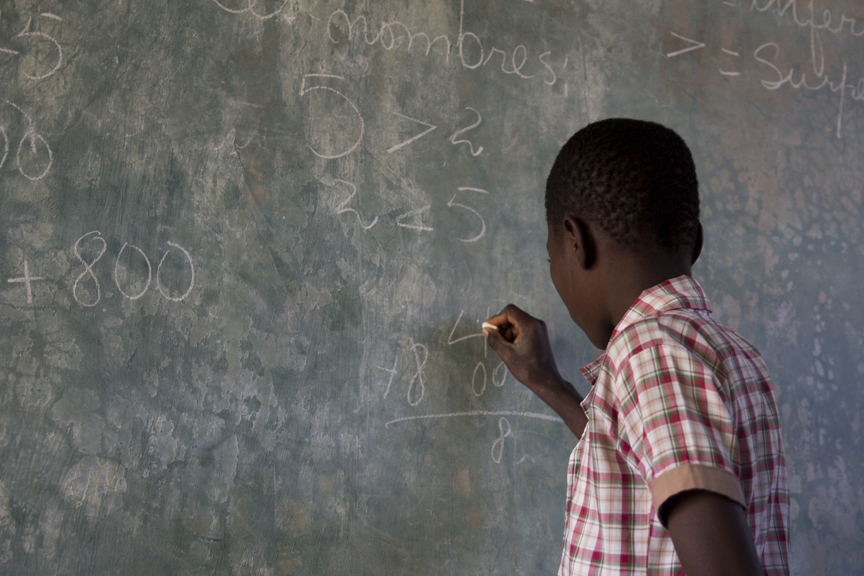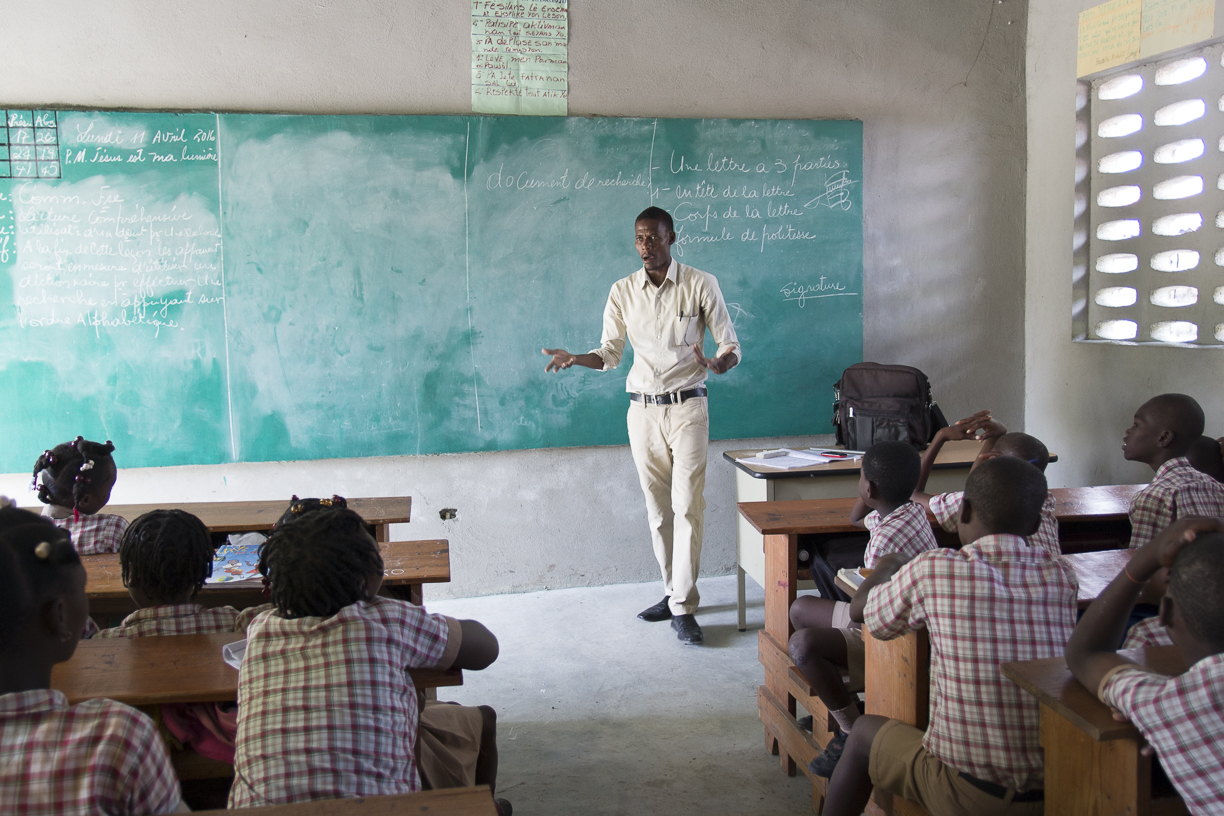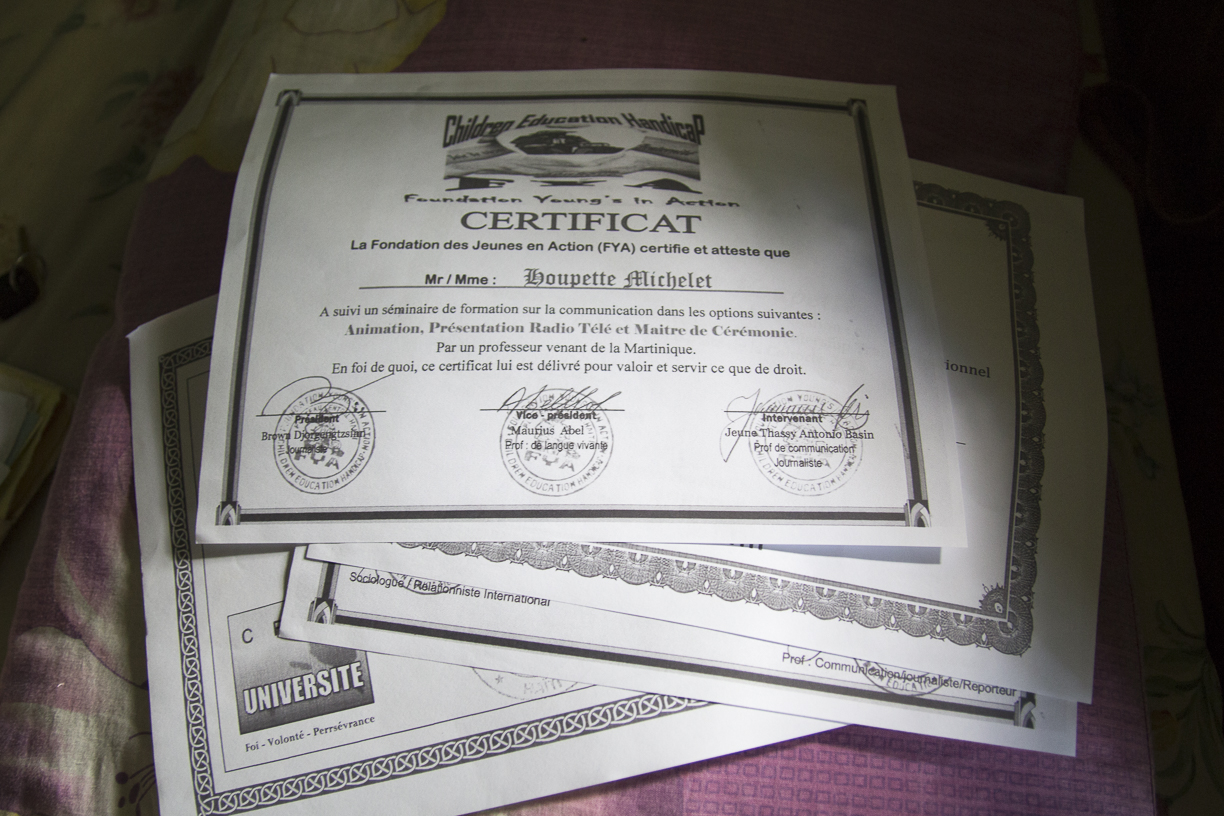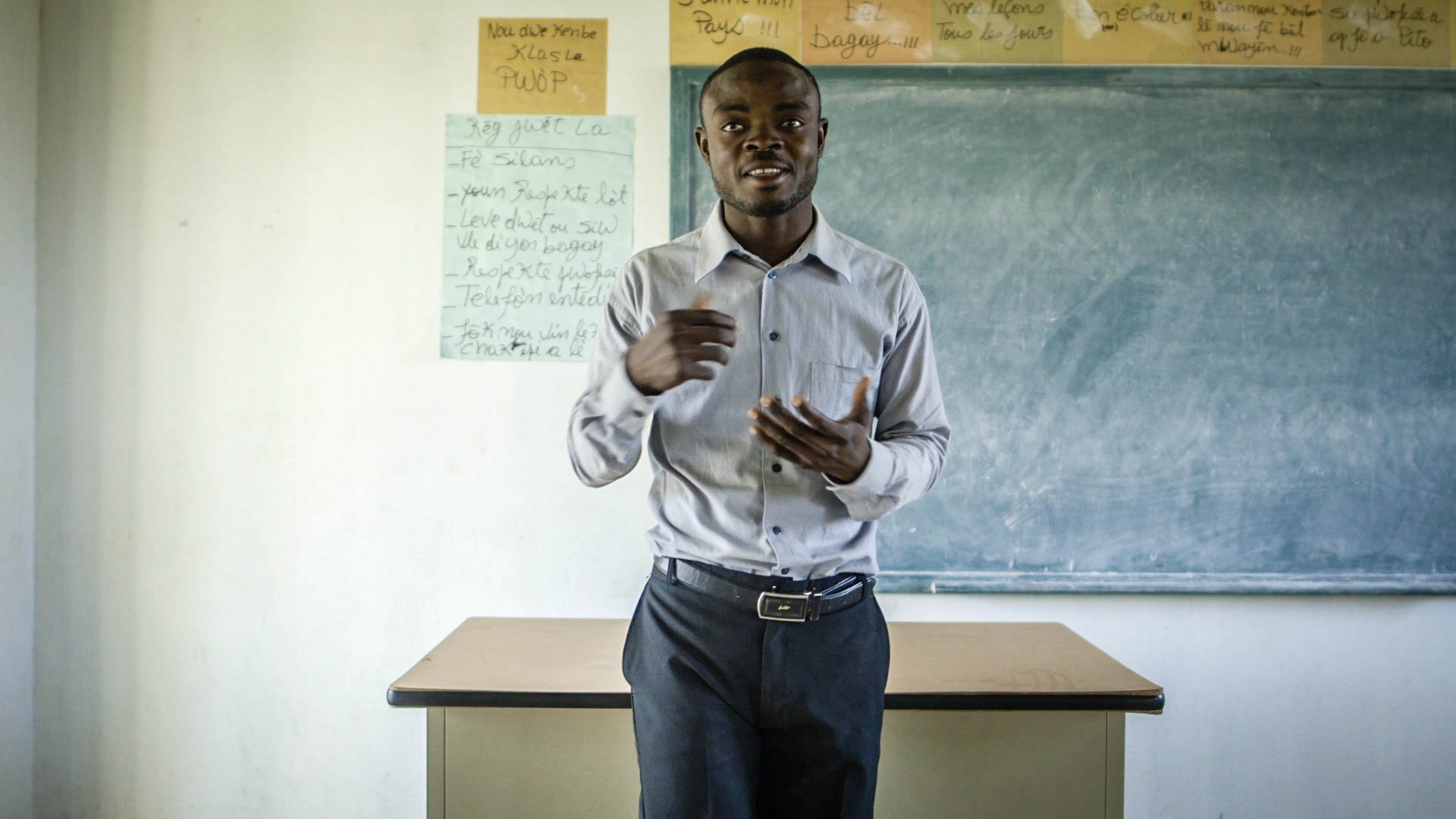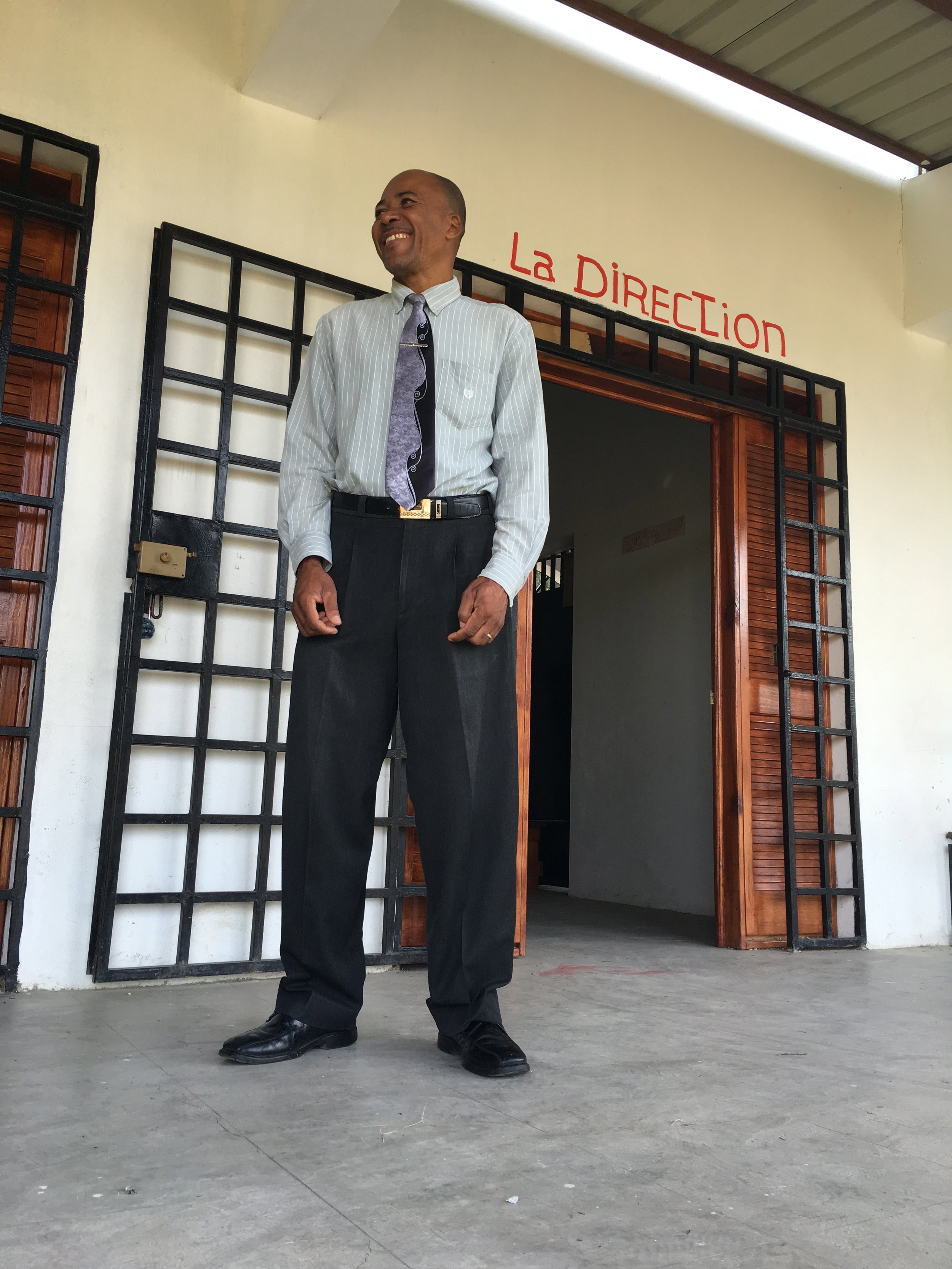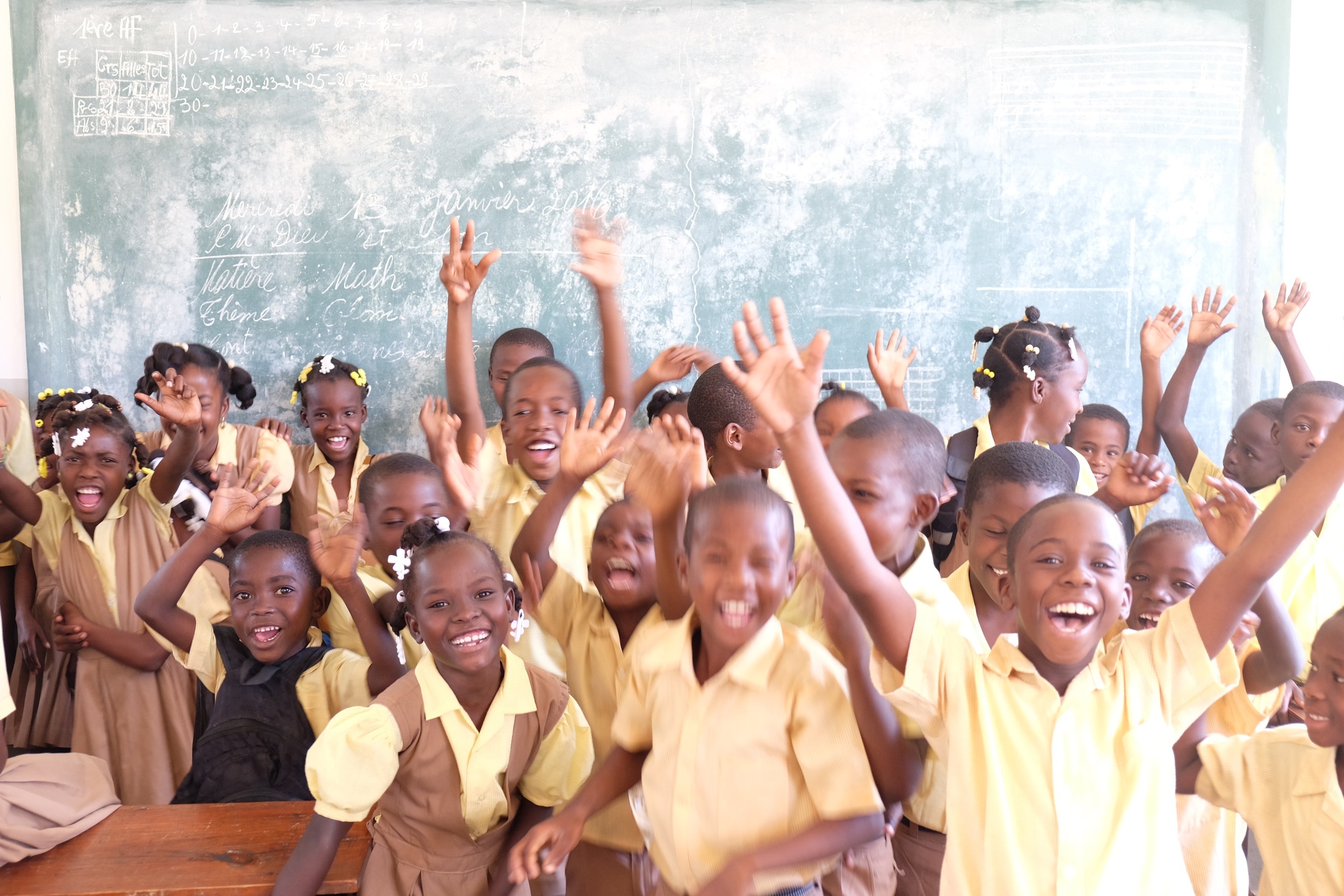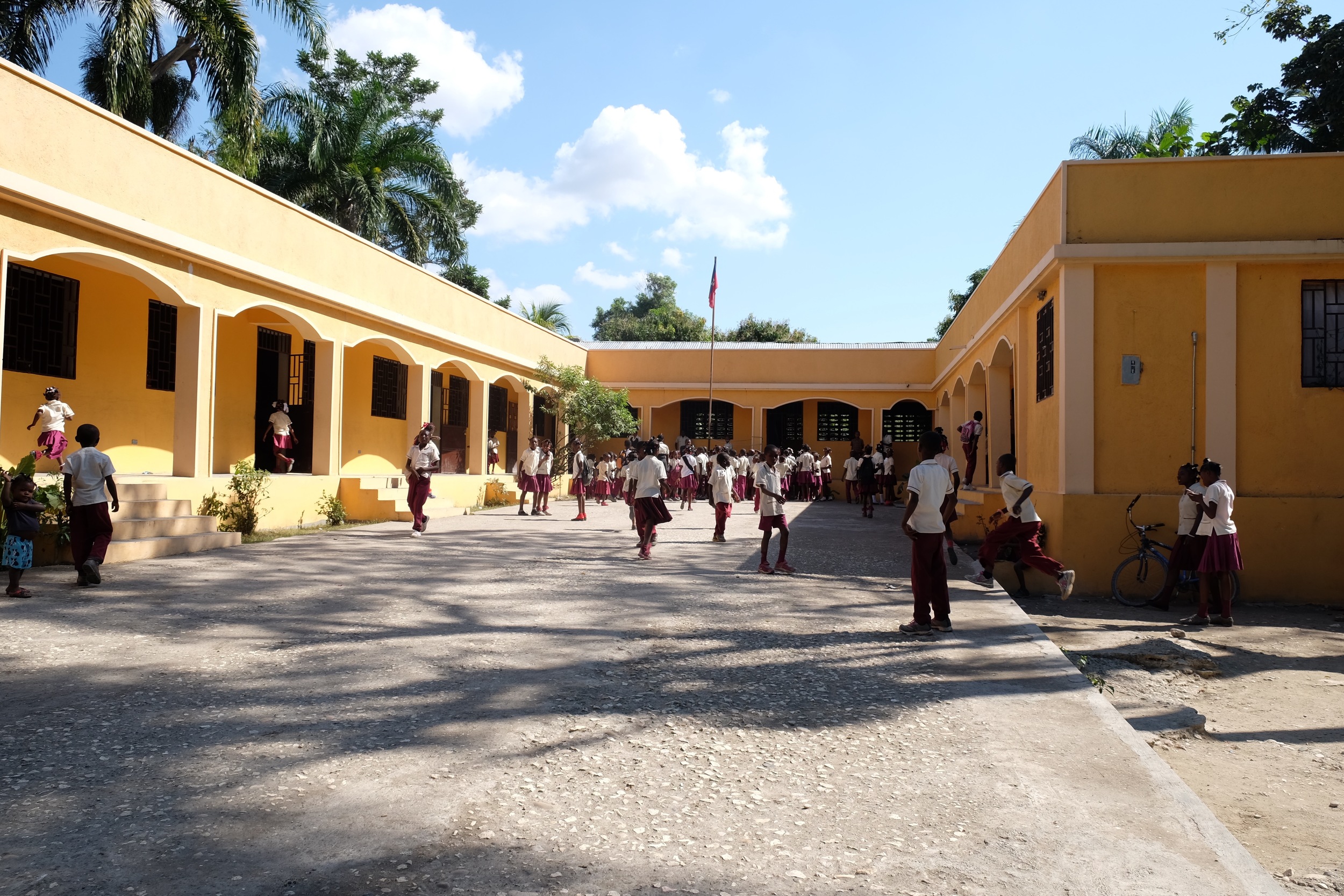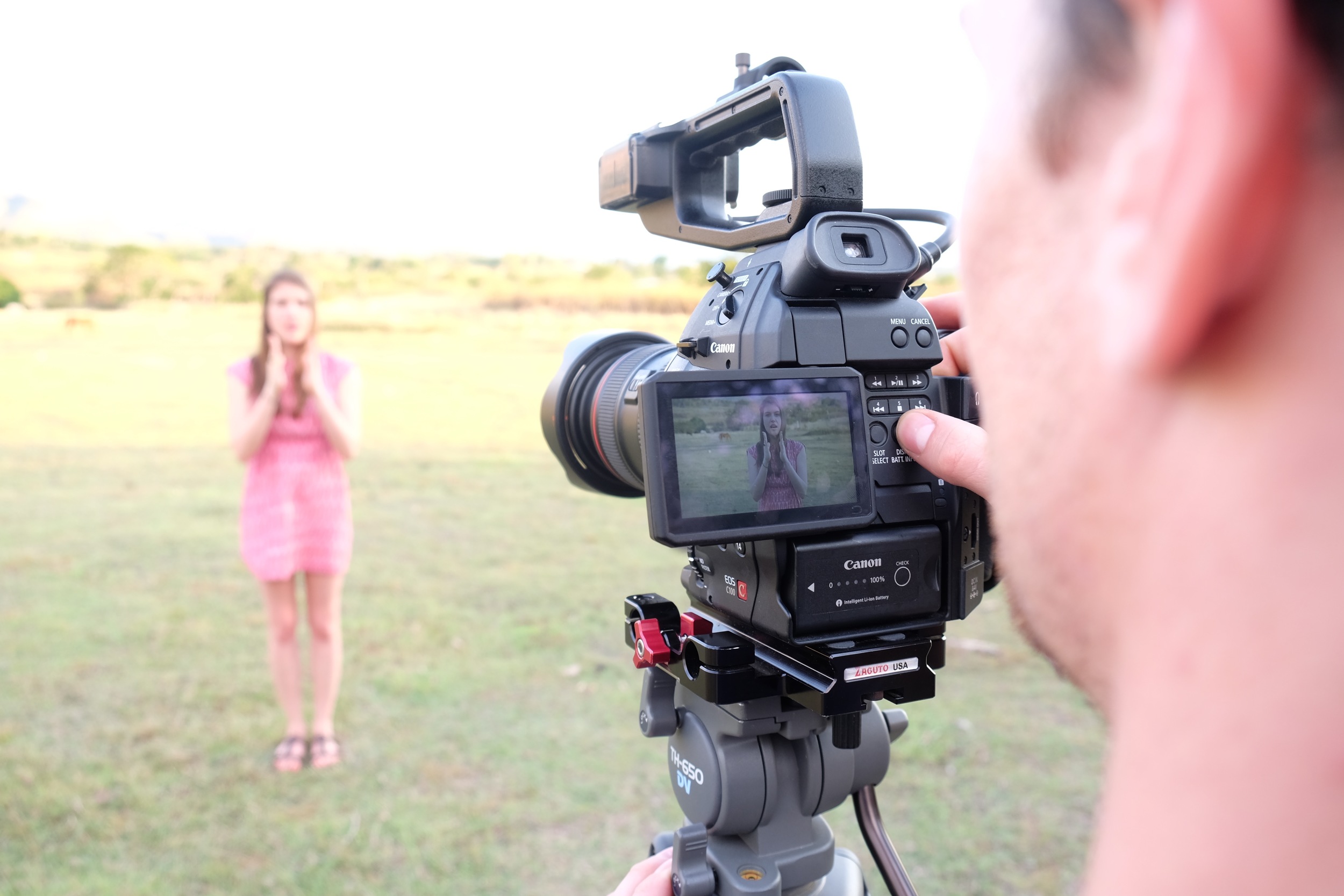On July 7th in downtown Boston, in front of a crowd of entrepreneurs, designers and engineers, Summits co-founder Paul English chatted with Founder Collective’s Eric Paley about his experiences as an entrepreneur and philanthropist. A well known tech founder and investor, Paul has also been involved in the nonprofit sector for over 20 years and opened up to the audience about the passion behind starting Summits.
Paul’s foray into philanthropy, after early successes in tech, was fostered by Paul’s late friend and mentor, Tom White, who built J.F. White Construction, one of the largest construction companies in New England. When they reconnected after meeting when Paul was a child, Tom was 80 and broke, having donated his fortune, primarily to help the homeless in Boston. He helped Paul formulate and hone his desire to do good in the world by introducing him to two people, one a homeless person in Roxbury and the other in a medical clinic in rural Haiti. “Tom wanted me to see suffering face to face, and then together, we strategized how I could be the most helpful, both from writing checks as well as applying leadership skills I have from creating companies...to help them in ways that are not just financial," Paul remembers.
Paul’s hopes to follow in his mentor’s footsteps by slowly increasing the amount he gives to charity every year until he has “liquidated all my wealth through philanthropy by the age of 80.” He believes that “it is unconscionable not to give,” and that everyone should find an organization they believe in and give by “writing the check and asking questions later.”
Check out the video above to hear more about Paul’s journey. Huge thanks to City Awake, General Assembly, and WeWork for a great evening.


